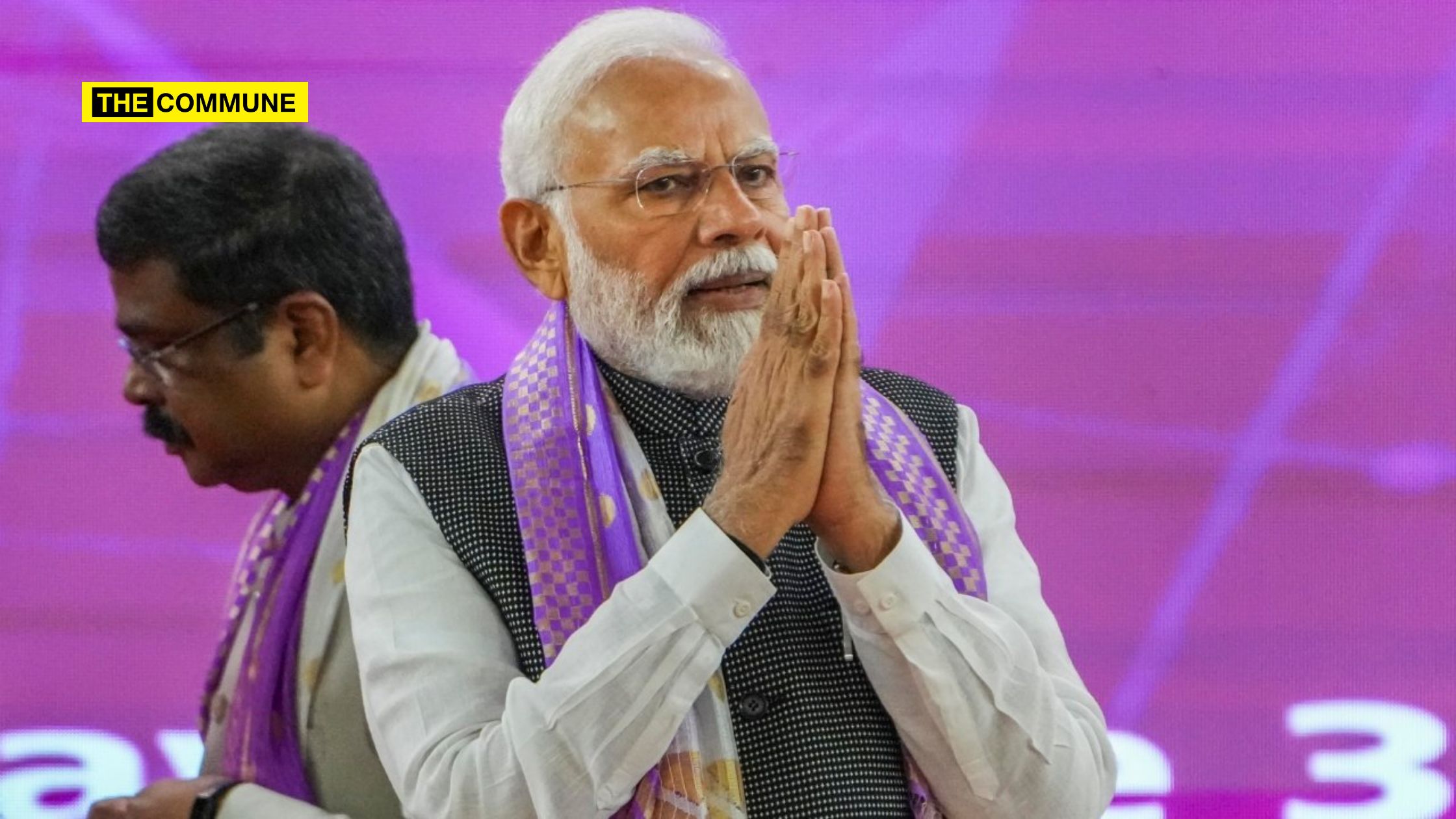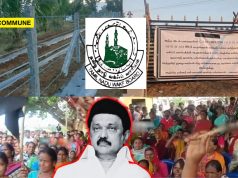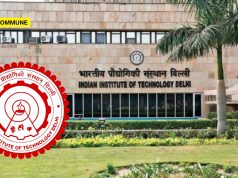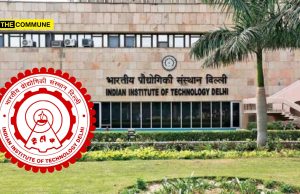
The Prime Minister, Narendra Modi, delivered a speech at the Valedictory Ceremony of Centenary Celebrations of the University of Delhi. The event took place at the Multipurpose Hall of Delhi University Sports Complex. He also inaugurated the construction of the Faculty of Technology, Computer Centre, and Academic Block in the North Campus of the University. During the ceremony, the Prime Minister launched various commemorative publications, including a compilation of the centenary celebrations, a book featuring the logo of Delhi University and its colleges, and a publication called “Aura – 100 Years of University of Delhi.”
To reach the University of Delhi, the Prime Minister traveled by metro and interacted with students during the journey. Upon arrival, he visited the exhibition called “Journey of 100 Years” and witnessed performances by the Faculty of Music and Fine Arts, including the Saraswati Vandana and University Kulgeet.
In his address, the Prime Minister expressed his strong commitment to participating in the Valedictory Ceremony and described it as a homecoming. He mentioned that a short movie shown before his speech showcased the accomplishments of notable individuals associated with Delhi University. The Prime Minister expressed his joy at being present at the university during the centenary celebrations and highlighted the significance of the company of colleagues during such visits. He also expressed happiness about traveling by metro to reach the event.
The Prime Minister acknowledged that the centenary celebrations of Delhi University coincided with India’s Azadi Ka Amrit Mahotsav, marking 75 years of independence. He stated that universities and educational institutions reflect a nation’s achievements. He referred to the historic landmarks in the 100-year journey of Delhi University, emphasizing that it has not only been a university but also a movement that has filled every moment with life. He congratulated students, teachers, and everyone associated with Delhi University on the occasion.
Regarding the alumni gathering, the Prime Minister emphasized the significance of the occasion as an opportunity to reconnect. He stated that if Delhi University has kept its emotions alive during these hundred years, it has also kept its values vibrant. Stressing the importance of knowledge, he highlighted the prosperity India enjoyed during the era of renowned universities like Nalanda and Takshila. He mentioned the adverse impact of attacks during the period of slavery, which destroyed these institutions and obstructed India’s intellectual progress.
The Prime Minister credited universities, including Delhi University, for playing a crucial role in shaping post-independence India by fostering a generation of talented youngsters. He emphasized the understanding of the past as instrumental in shaping the country’s ideals and vision for the future.
He stated that when an individual or institution is dedicated to the country, their achievements are equated with the nation’s accomplishments. The Prime Minister pointed out the remarkable growth of Delhi University, which initially had only three colleges and now has over 90. He highlighted India’s transformation from a fragile economy to one of the top five economies globally. He also mentioned the improved gender ratio at Delhi University and underlined the interconnectedness between the resolutions of an educational institution and a nation, emphasizing that deeper roots lead to greater progress.
The Prime Minister noted that Delhi University’s goal at its inception was India’s independence, but as it approaches its 125th year alongside India’s 100th year of independence, the university’s goal should be to make India a developed nation. He stated that the third decade of the 21st century would provide impetus to India’s development journey, highlighting the establishment of numerous universities, colleges, IITs, IIMs, and AIIMS as building blocks of the new India.
The Prime Minister emphasized that education is not just about teaching but also about learning. He mentioned the flexibility provided by the new National Education Policy, which allows students to choose subjects according to their interests. He also discussed the National Institutional Ranking Framework, which motivates institutions to improve quality and competitiveness while linking institutional autonomy to education quality.
He highlighted the increasing recognition of Indian universities due to forward-looking educational policies and decisions. He mentioned the rising number of Indian universities in international rankings and credited the country’s youth for their transformative role. He commended the youth for going beyond placements and degrees and instead focusing on blazing their own trail. He cited the significant increase in startups, patent filings, and India’s improved position in the Global Innovation Index as evidence of this mindset.
The Prime Minister mentioned the recent deal with the USA on the Initiative on Critical and Emerging Technology (iCET), which he believes will create new opportunities for Indian youth in various sectors, including AI and semiconductors. He highlighted the investment decisions made by companies like Micron, Google, and Applied Materials in India, which indicate a promising future for the youth.
He observed that India is on the cusp of the Industry 4.0 Revolution, with technologies like AI, AR, and VR becoming a part of everyday life. He mentioned the opportunities created in sectors like robotics, space, defense, and drones, which offer new avenues for India’s young generation.
The Prime Minister discussed the impact of India’s growing global profile on students’ curiosity and highlighted the country’s assistance to the world during the COVID-19 pandemic. He emphasized that Indian values such as democracy, equality, and mutual respect are becoming universal values, providing new opportunities for Indian youth in government, diplomacy, and other fields. He also mentioned the growing recognition of Indian teachers worldwide, contributing to India’s soft power.
The Prime Minister urged universities to prepare their mindset for this development and create a roadmap to become top-ranking institutions globally. He concluded by emphasizing the responsibility of educational institutions in preparing the minds and hearts of a nation, stating that the vision and mission of such institutions are essential for developing a future-ready generation.
The Union Minister for Education, Dharmendra Pradhan, and the Vice Chancellor of the University of Delhi, Yogesh Singh, were present at the event.




